To provide the best experiences, we use technologies like cookies to store and/or access device information. Consenting to these technologies will allow us to process data such as browsing behaviour or unique IDs on this site. Not consenting or withdrawing consent, may adversely affect certain features and functions.
The technical storage or access is strictly necessary for the legitimate purpose of enabling the use of a specific service explicitly requested by the subscriber or user, or for the sole purpose of carrying out the transmission of a communication over an electronic communications network.
The technical storage or access is necessary for the legitimate purpose of storing preferences that are not requested by the subscriber or user.
The technical storage or access that is used exclusively for statistical purposes.
The technical storage or access that is used exclusively for anonymous statistical purposes. Without a subpoena, voluntary compliance on the part of your Internet Service Provider, or additional records from a third party, information stored or retrieved for this purpose alone cannot usually be used to identify you.
The technical storage or access is required to create user profiles to send advertising, or to track the user on a website or across several websites for similar marketing purposes.
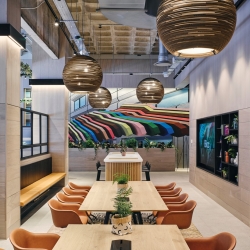







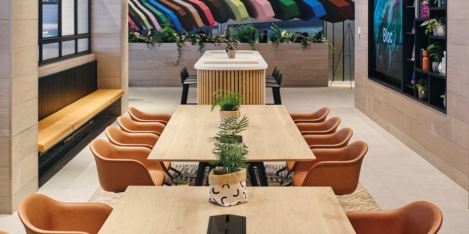

 The so-called green agenda, sustainability and climate change have finally hit centre stage. Various announcements are being made by UK Government and numerous high profile figures are crying a call to action to implement carbon reduction plans now. Lord Mayor of the City of London, Alderman William Russell, stated at the
The so-called green agenda, sustainability and climate change have finally hit centre stage. Various announcements are being made by UK Government and numerous high profile figures are crying a call to action to implement carbon reduction plans now. Lord Mayor of the City of London, Alderman William Russell, stated at the 

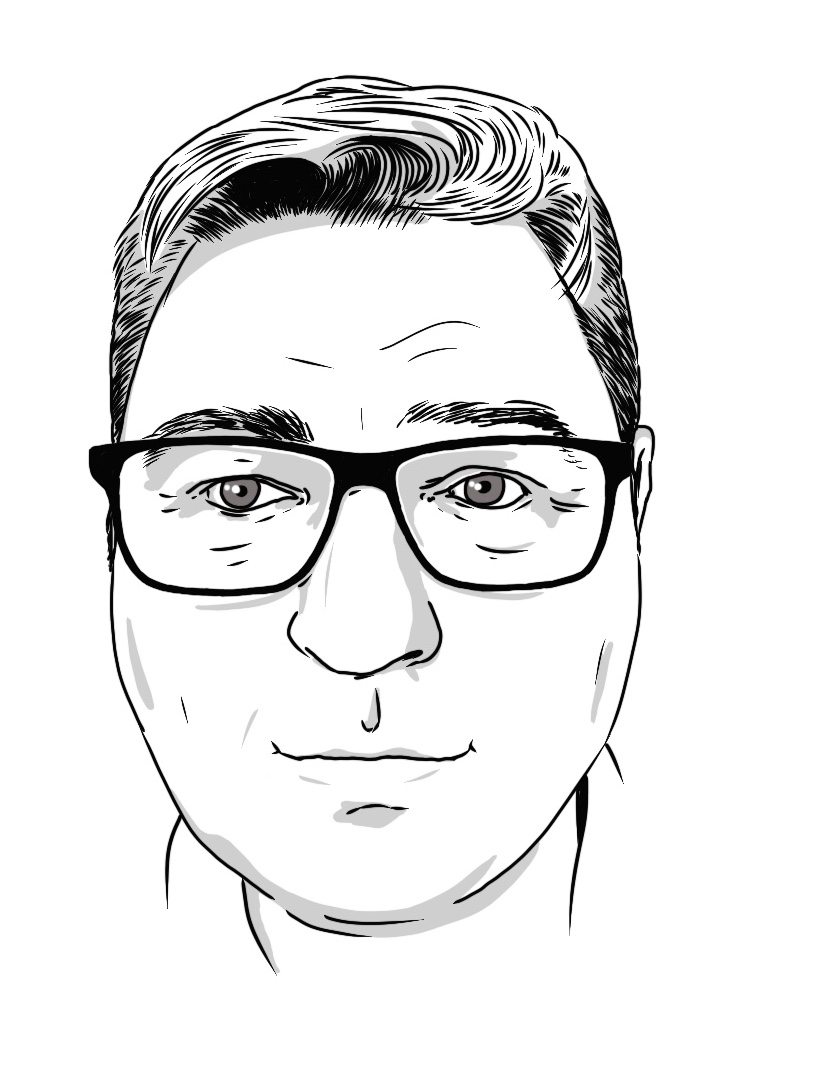

 As workers are encouraged to return to offices in greater numbers, employers should prepare for an influx of employees reporting symptoms of Long Covid. Cases are rising in the UK and it is estimated that a significant percentage of those testing positive for Covid-19 go on to develop Long Covid, a debilitating condition with symptoms ranging from fatigue and muscle aches, to breathing-related problems and chest pain. The duration of symptoms varies, with some sufferers recovering after 12 weeks and others continuing to suffer for far longer. While working remotely, it may have been possible for some employees to manage their symptoms privately; however, the requirement to attend the office may prompt them to disclose their condition and seek the support of their employer.
As workers are encouraged to return to offices in greater numbers, employers should prepare for an influx of employees reporting symptoms of Long Covid. Cases are rising in the UK and it is estimated that a significant percentage of those testing positive for Covid-19 go on to develop Long Covid, a debilitating condition with symptoms ranging from fatigue and muscle aches, to breathing-related problems and chest pain. The duration of symptoms varies, with some sufferers recovering after 12 weeks and others continuing to suffer for far longer. While working remotely, it may have been possible for some employees to manage their symptoms privately; however, the requirement to attend the office may prompt them to disclose their condition and seek the support of their employer. 
 Many governments are increasingly approaching artificial intelligence with an almost religious zeal. By 2018 at least
Many governments are increasingly approaching artificial intelligence with an almost religious zeal. By 2018 at least 
 The global pandemic has blurred the lines between home and work for millions of people around the world. Where once there was a clear distinction between being on and off duty, the demands of remote working and ever-presence of smartphones has created an ‘always on’ culture in many organisations. The trend has led to a number organisations in the UK to now call for a ban on out-of-hours emails in order to alleviate pressures on employees mental health. But is this really necessary, or even logistically possible, for the new world of work? We asked four leading experts for their thoughts.
The global pandemic has blurred the lines between home and work for millions of people around the world. Where once there was a clear distinction between being on and off duty, the demands of remote working and ever-presence of smartphones has created an ‘always on’ culture in many organisations. The trend has led to a number organisations in the UK to now call for a ban on out-of-hours emails in order to alleviate pressures on employees mental health. But is this really necessary, or even logistically possible, for the new world of work? We asked four leading experts for their thoughts. 
 The Pensions Regulator might now have the power under current UK pensions legislation, to enter the private homes of employees when it is investigating their employer, if those employees are working from home. The current law has been in force since 2005 and it allows the
The Pensions Regulator might now have the power under current UK pensions legislation, to enter the private homes of employees when it is investigating their employer, if those employees are working from home. The current law has been in force since 2005 and it allows the 
 Has working at home during lockdown made people
Has working at home during lockdown made people 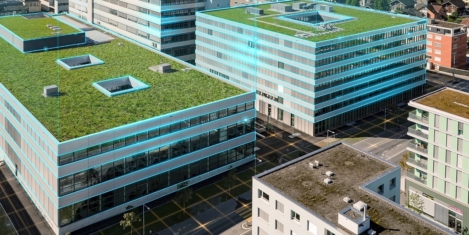
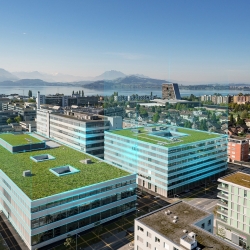

 It’s now a year since we launched IN Magazine and what a year it’s been.
It’s now a year since we launched IN Magazine and what a year it’s been. 
 Many of us are looking forward to a summer of relative freedom, with road-mapped milestones that will grant us more opportunities to see our friends and family. But we’ll be carrying the effects of months of isolation into those meetings, including a sense that our social skills will need dusting off, and our wits will need sharpening. The mental effects of lockdown have been profound. Social isolation has been shown to cause people’s
Many of us are looking forward to a summer of relative freedom, with road-mapped milestones that will grant us more opportunities to see our friends and family. But we’ll be carrying the effects of months of isolation into those meetings, including a sense that our social skills will need dusting off, and our wits will need sharpening. The mental effects of lockdown have been profound. Social isolation has been shown to cause people’s 









